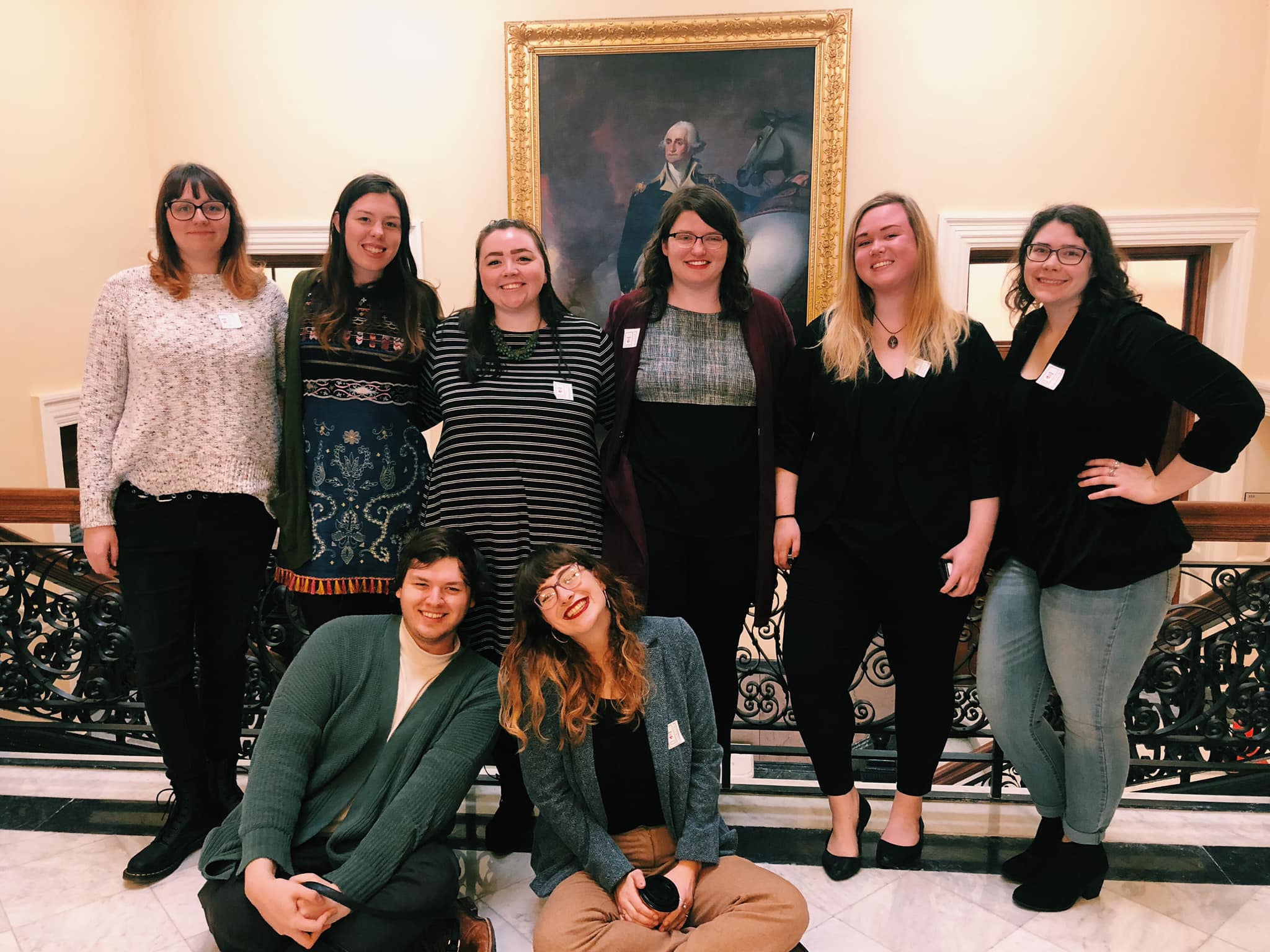By Kate Rogers, Community Editor
Students at USM have been working to pass a new bill, LD37, to allow for the sale of non-prescription drugs through vending machines. USM student Emma Donnelly gave her testimony last Tuesday at a public hearing in Augusta. She was joined by several other Maine college students, State Representative Maureen Terry, and representatives from other organizations including Planned Parenthood, all in support of the bill.
LD37 was born in the fall of 2018, when Donnelly had the idea of emergency contraceptives available in vending machines. “The [USM] health center is only open 8 a.m. through 4:30 p.m., Monday through Friday. So if you have unprotected sex on Friday…” Donnelly said.
She first reached out to Lisa Belanger, the Director of Health Services at USM with her idea. Belanger contacted the school lawyer who found that there is an old law in Maine preventing the sale of any drugs from vending machines. At this point, Donnelly got in touch with Terry in order to go forward in attempting to change the law.
The concept of selling non-prescription drugs through vending machines is not new. “There are people all over the country who have been doing this, it’s just…not illegal in those states,” said Donnelly.
Terry was able to submit the bill at the beginning of 2019, and the hearing was scheduled quickly, Donnelly said. In the time before the bill could be submitted, Donnelly and Terry collected over 150 testimonies from across the state and garnered support from organizations like Planned Parenthood, the Maine Coalition for Sexual Assault, Homeless Voices for Justice and the Maine Medical Association.
“Planned Parenthood is committed to ensuring that people are able to access care in their communities,” Amy Cookson, the communications manager for Planned Parenthood, said about the organization’s full support.
The New England branch of Planned Parenthood was with Donnelly from the beginning, helping to put together the bill, and finding supporters to testify at the hearing. They will continue to work with students and legislators as the process continues, Cookson said.
“Once we started collecting testimony it became apparent to me that this wasn’t so much about emergency contraception as it was about having access to the most basic health care,” Donnelly said. The bill will not only benefit students or those who need contraception, although these are a main focus. “The bill would allow all over-the-counter (OTC) meds…an upset stomach, allergic reaction…any parent who has ever needed children’s Tylenol at 2 a.m. knows. It will definitely increase access for specifically people who have trouble accessing care,” Cookson said.
Donnelly hopes that these vending machines will make the medicine cheaper in some circumstances. According to Cookson, pharmacies and hospitals both have been known to have 24 hour access vending machines. While there is no knowing until the bill comes into effect, Donnelly said there is a chance for lower prices. If USM is able to sponsor the vending machines themselves, the school already offers some medications at a lower price. “Ideally my hope is that it will be as cheap as possible…because if we are supplying it…we aren’t looking to make a profit,” Donnelly said.
According to Terry, the hearing on Tuesday went well and that almost all the people who spoke were in favor of the bill. “They have been working really hard but I think that it wouldn’t have taken much to pass it anyways because it just makes sense,” Terry said.
If the committee votes to pass the bill after their next session in a few weeks, it will go on to the house floor. The bill will go into effect 90 days after the next house session on June 20 if they vote to pass it as well, Terry said.
Even though the hearing has passed, Donnelly doesn’t want to stop gaining support. “When it ideally moves past committee there will be a bigger vote and then people will be able to reach out to their individual legislators in support of this…you can call their home phone or email them,” Donnelly said.

